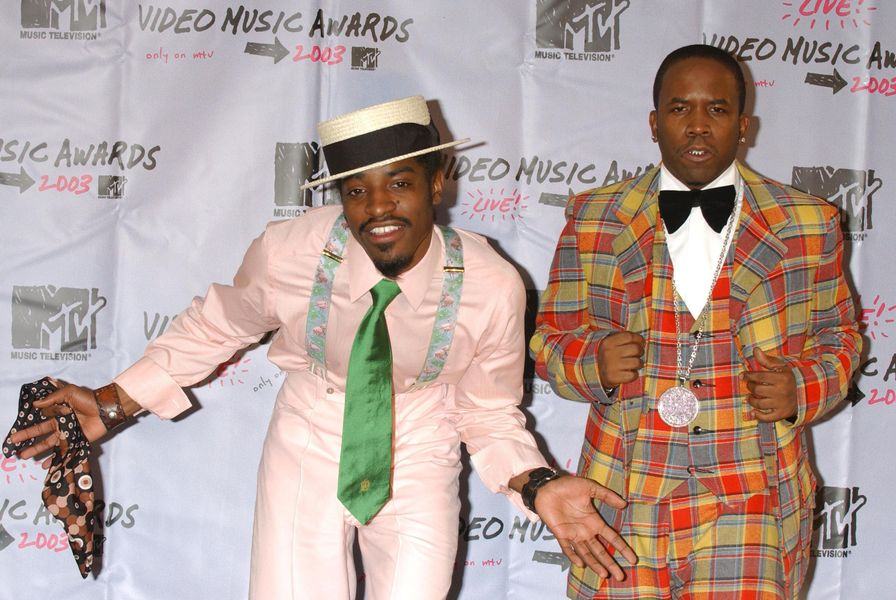They are considered one of the most revolutionary hip-hop acts of the 21st century. However, not everybody was as happy with OutKast as their fans. One particularly disgruntled listener was none other than the Civil Rights activist Rosa Parks after she sued the rap duo for their song featuring her name.
OutKast have been around for a long time. Since the 1990s, the collective have continuously released compelling alternative hip-hop music that has remained unmatched. With origins in Atlanta, the duo have always been ahead of their time concerning music. However, their unique style makes it impossible to pigeonhole them, which has been crucial to their longevity as a double act.
The duo had a strange yet exciting rise to fame. With their origins firmly rooted in the early 1990s, the duo formed when Atlanta became a newly established hip-hop hub. With New York and Los Angeles-based acts running the charts, the ’90s saw the rise of the south, and OutKast assembled as a new wave of creatives began to emerge from the Georgia city.
As with every new wave, the duo also looked to the past for inspiration, and Rosa Parks’s demonstration in 1955 is perhaps one of the most inspirational moments in American history. While riding home on the bus following a hard day’s work, Parks refused to give up her seat for white patrons, despite vociferous demands that she follows the segregated rules set out.
Parks was arrested, and this act sparked numerous transportation boycotts in Montgomery, which would bring about a change to the rules on buses, deeming segregation on transport as unconstitutional. During the boycotts, Martin Luther King Jr. would emerge as one of the leaders of the movement, noted for his peaceful disobedience.
Outkast would use the inspirational moment for the crux of their song, and despite not referring to Parks by name outside of the song’s title, only really acknowledging the activist with the line “move to the back of the bus,” would catch the litigious wrath of Parks.
Parks claimed the Atlanta duo had exploited her image and therefore demanded reparations. OutKast and their management eventually settled the case in 2005, when Parks was 92, promising: “To enlighten today’s youth about the significant role Rosa Parks played in making America a better place for all races.”
